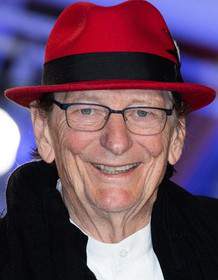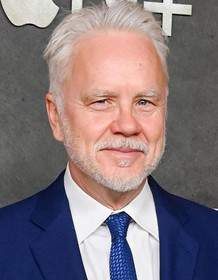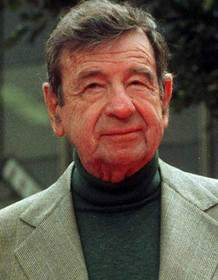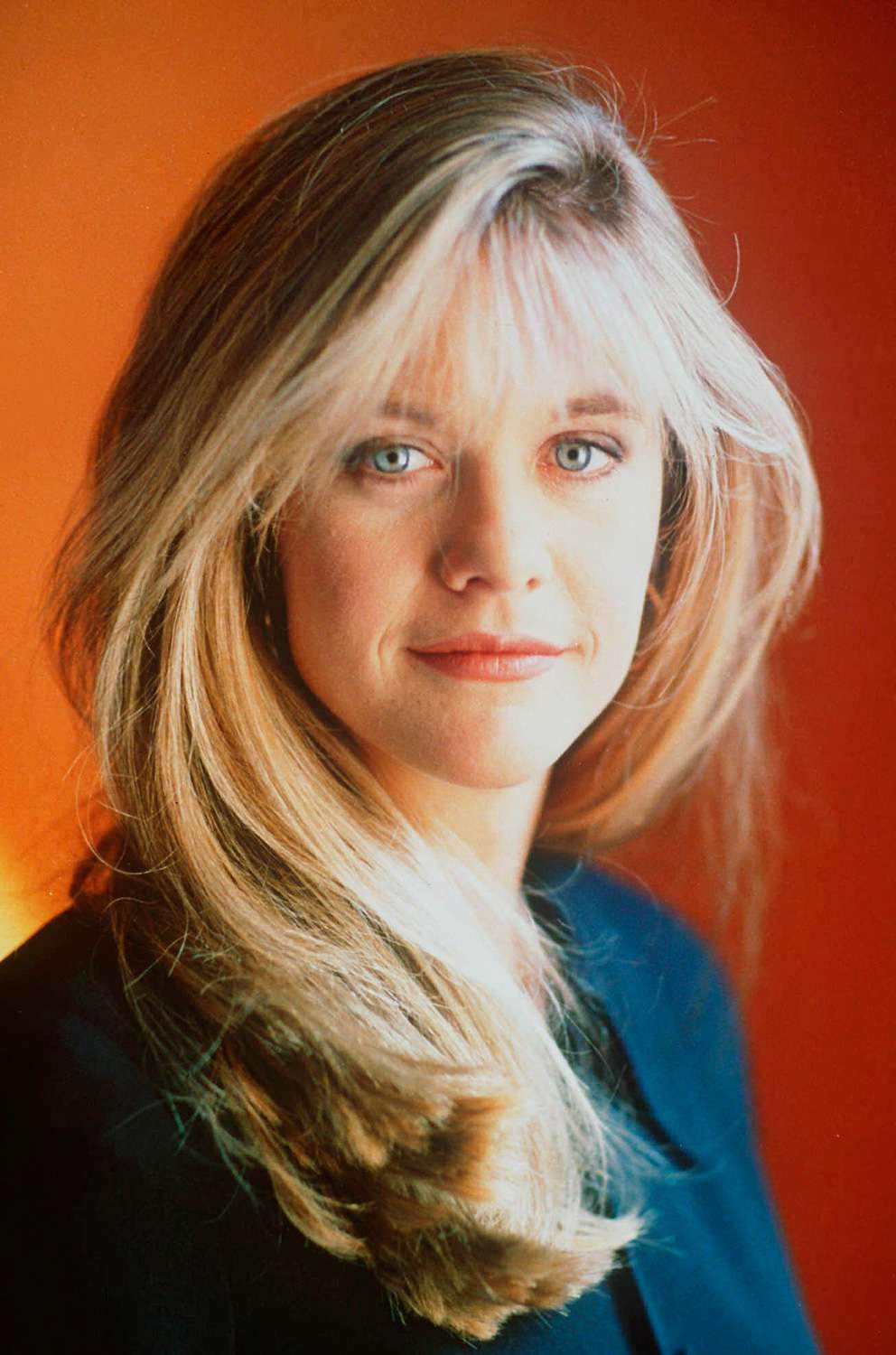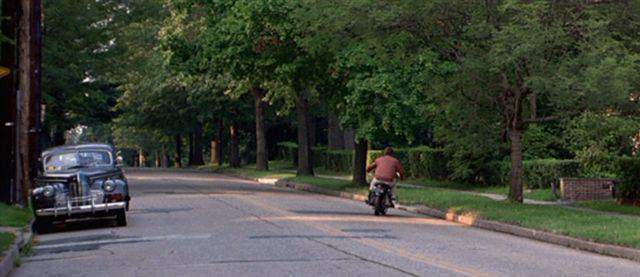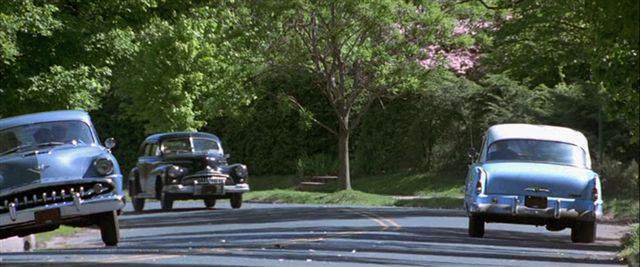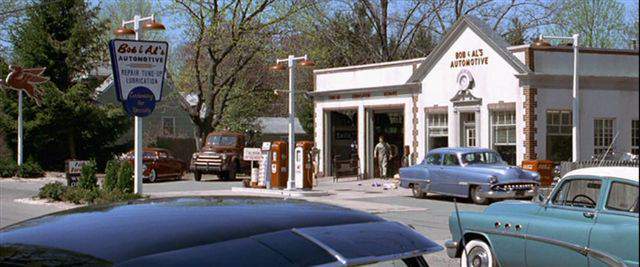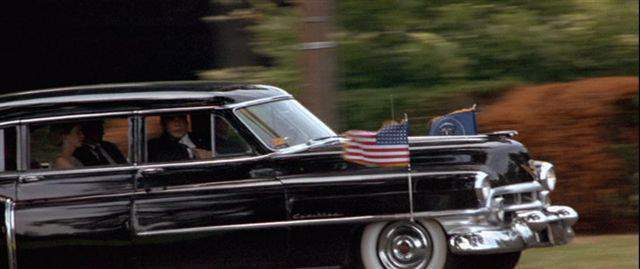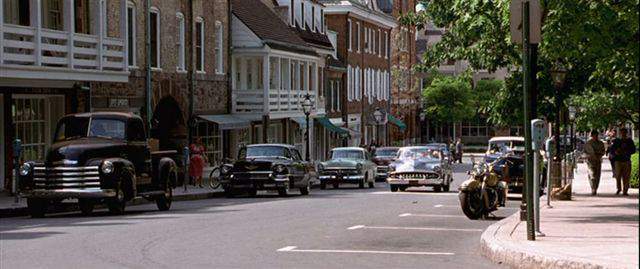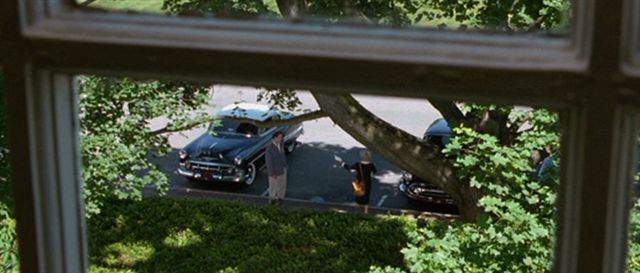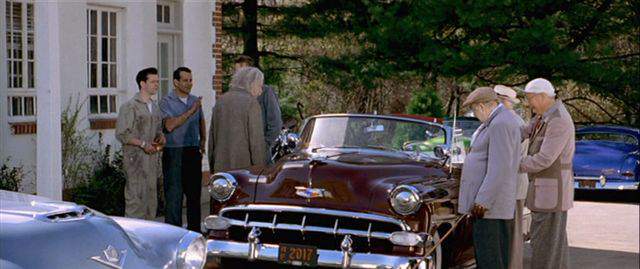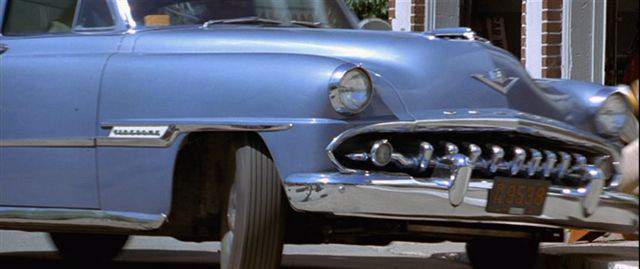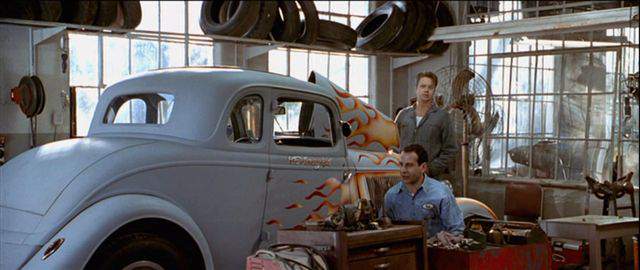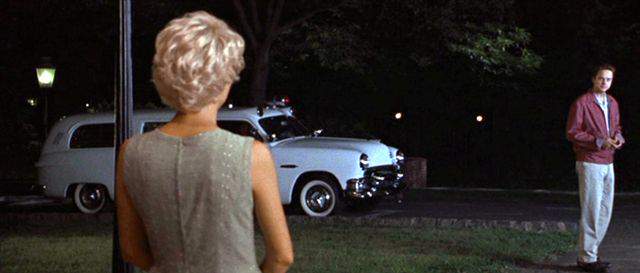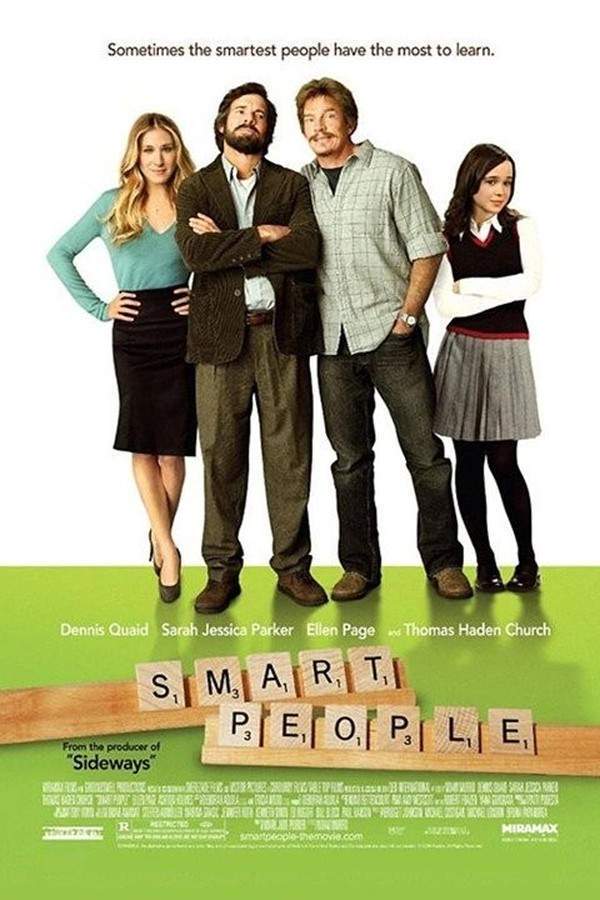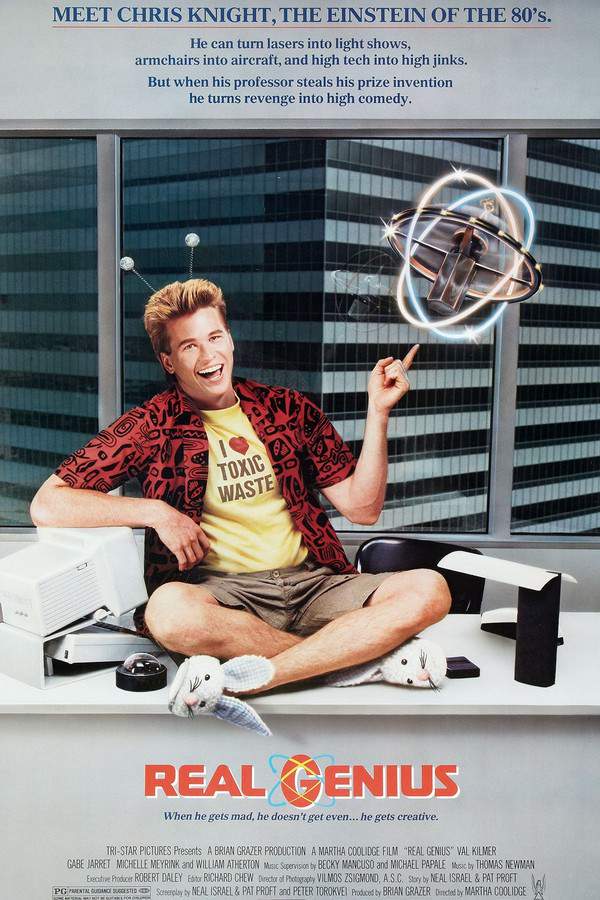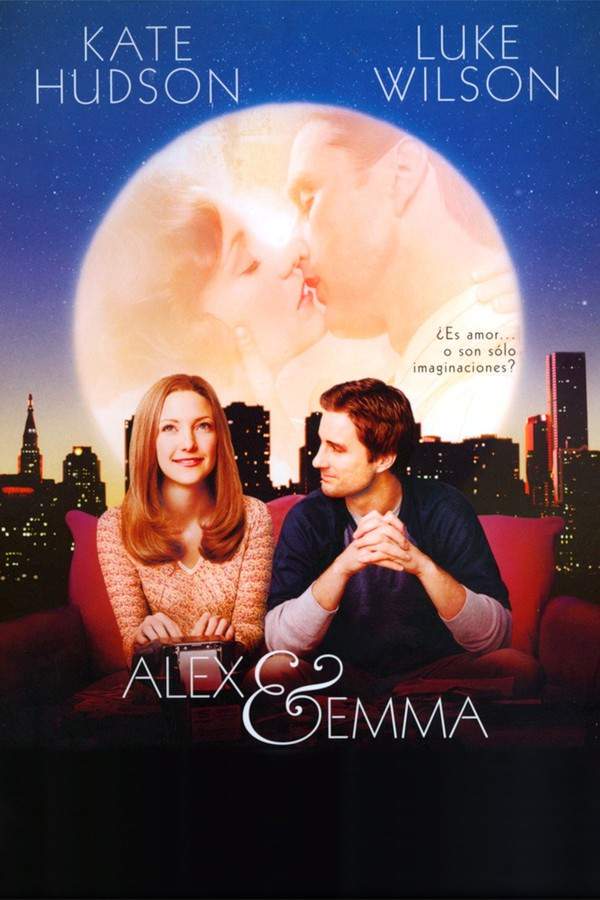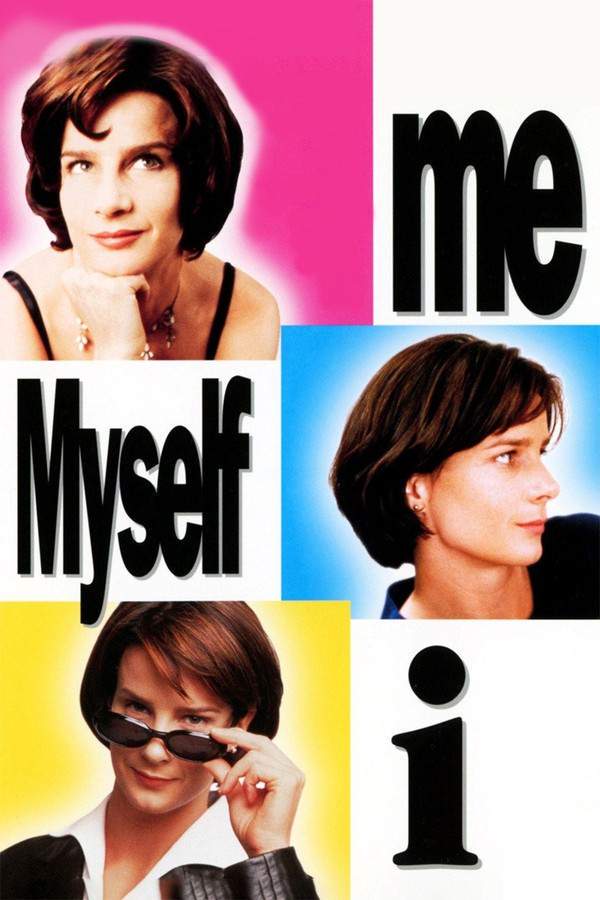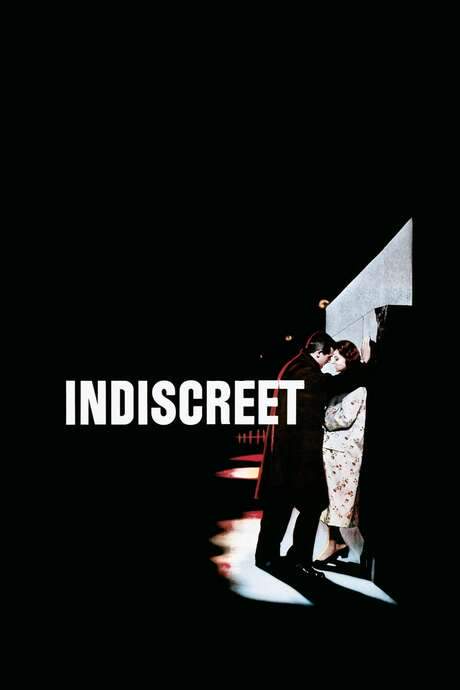I.Q. 1994

Catherine Boyd, a brilliant academic, finds herself choosing between a conventional fiancé and the unconventional Ed Walters. To win her heart, Ed enlists the help of Albert Einstein, pretending to be a genius. As Catherine navigates this unusual courtship, she must decide if love can blossom between intellect and charm in this lighthearted romantic comedy.
Does I.Q. have end credit scenes?
No!
I.Q. does not have end credit scenes. You can leave when the credits roll.
Meet the Full Cast and Actors of I.Q.
Explore the complete cast of I.Q., including both lead and supporting actors. Learn who plays each character, discover their past roles and achievements, and find out what makes this ensemble cast stand out in the world of film and television.
External Links and Streaming Options
Discover where to watch I.Q. online, including streaming platforms, rental options, and official sources. Compare reviews, ratings, and in-depth movie information across sites like IMDb, TMDb, Wikipedia or Rotten Tomatoes.
Ratings and Reviews for I.Q.
See how I.Q. is rated across major platforms like IMDb, Metacritic, and TMDb. Compare audience scores and critic reviews to understand where I.Q. stands among top-rated movies in its genre.

66
Metascore
6.6
User Score


47%
TOMATOMETER

48%
User Score

6.2 /10
IMDb Rating

60
%
User Score
Take the Ultimate I.Q. Movie Quiz
Challenge your knowledge of I.Q. with this fun and interactive movie quiz. Test yourself on key plot points, iconic characters, hidden details, and memorable moments to see how well you really know the film.
I.Q. Movie Quiz: Test your knowledge about the quirky charm and romantic entanglements in the 1994 film I.Q.
Who portrays Albert Einstein in the film?
Walter Matthau
Tim Robbins
Stephen Fry
Tony Shalhoub
Show hint
Full Plot Summary and Ending Explained for I.Q.
Read the complete plot summary of I.Q., including all major events, twists, and the full ending explained in detail. Explore key characters, themes, hidden meanings, and everything you need to understand the story from beginning to end.
During the film’s opening sequence, we encounter a man, likely Einstein (played by Walter Matthau), skillfully playing the violin. As he performs, another man walks by a poster that advertises Boyd’s comet. We then shift our focus to Catherine Boyd (portrayed by Meg Ryan) who is with her fiancé, James Moreland (Stephen Fry). Catherine is deeply engrossed in calculations related to the comet, but when she tries to share a story, James dismissively comments that she’s “babbling.” The narrative alternates between this scene and a heated debate among a group of older gentlemen about the existence of time.
As Catherine and James cruise around in a convertible, they encounter engine trouble. Meanwhile, Einstein engages in lively discussions with his elderly friends, leading to his iconic assertion, > “I do not believe God plays dice with the universe.” The couple arrives at a garage where Ed Walters (played by Tim Robbins) is embroiled in an argument with his boss, Bob (Tony Shalhoub), about diagnosing the car’s issues based solely on sounds.
When Bob sends Ed to check on the couple’s vehicle, he mistakenly assumes they hail from Princeton College. Upon meeting Catherine, Ed immediately feels a connection. James, with a sense of entitlement, obnoxiously inquires about someone who can service a British engine. Ed charmingly asks, “May I look under the bonnet?” This seems to impress James, who permits Ed to inspect the vehicle. After examining it, Ed jokingly states, “You have no spark,” a remark that cleverly alludes to the chemistry—or lack thereof—between Catherine and James. As she presses for more information, Ed whimsically adds, “My guess is that you have a short stroke and premature ignition.” Despite her feigned innocence, it’s evident that Catherine understands the double entendre.
To appease James, Ed claims the repairs will take several days, prompting Catherine to call a cab and inadvertently leave behind a cherished pocket watch. At this moment, viewers catch a glimpse of a hand discreetly moving the watch under some magazines, leaving questions lingering about intent—was it an accident or a deliberate act? This theme of happenstance versus intentional actions recurs throughout the film.
After finding the watch, Ed learns that the address on the watch leads to the home of Albert Einstein, who happens to be Catherine’s uncle. Assisting Einstein and his friends in retrieving a badminton racket, Ed forms a bond with them, making his admiration for Catherine apparent. Noting that his niece appears dissatisfied with her fiancé, Einstein contemplates ways to assist Ed in winning her affection. Understanding that Catherine prefers very intelligent partners, Ed jokingly remarks, “That’s easy, lend me your brain for a couple of days.” This sparks a clever idea in Einstein’s mind.
Together with his companions, Einstein devises a scheme to convince Catherine that Ed has made groundbreaking advancements in cold fusion, allowing him to power a rocket destined for the stars, thereby capturing her interest. They assist Ed in masquerading as a genius by helping him present a paper on cold fusion at a symposium, as well as facilitating his success on an IQ test conducted by Catherine’s fiancé. As a mathematician, Catherine becomes intrigued yet confounded by the complexities of “Ed’s” cold fusion theory. Although Ed yearns to confess his deception to Catherine, he struggles to find the right moment.
Throughout the course of the film, Einstein and his friends meddle in Catherine’s relationship with James and actively encourage Ed. James is portrayed as a sadistic individual who subtly demeans Catherine. Despite the obstacles, the story ultimately progresses toward a classic happy ending, incorporating elements such as an appearance by President Eisenhower, a dazzling convertible, a motorcycle, waltz music and a comet, all of which contribute to this charming romantic tale.
Uncover the Details: Timeline, Characters, Themes, and Beyond!

Coming soon on iOS and Android
The Plot Explained Mobile App
From blockbusters to hidden gems — dive into movie stories anytime, anywhere. Save your favorites, discover plots faster, and never miss a twist again.
Sign up to be the first to know when we launch. Your email stays private — always.
Watch Trailers, Clips & Behind-the-Scenes for I.Q.
Watch official trailers, exclusive clips, cast interviews, and behind-the-scenes footage from I.Q.. Dive deeper into the making of the film, its standout moments, and key production insights.
Cars Featured in I.Q.
Explore all cars featured in I.Q., including their makes, models, scenes they appear in, and their significance to the plot. A must-read for car enthusiasts and movie buffs alike.
I.Q. Themes and Keywords
Discover the central themes, ideas, and keywords that define the movie’s story, tone, and message. Analyze the film’s deeper meanings, genre influences, and recurring concepts.

Unlock the World of Movies with Our Comprehensive Wiki
Dive into our Movie Wiki for in-depth film encyclopedia entries, including cast biographies, production trivia, plot synopses, behind-the-scenes facts, and thematic analyses. Whether you’re researching iconic directors, exploring genre histories, or discovering hidden easter eggs, our expertly curated movie database has everything you need to fuel your cinematic passion.

Similar Movies To I.Q. You Should Know About
Browse a curated list of movies similar in genre, tone, characters, or story structure. Discover new titles like the one you're watching, perfect for fans of related plots, vibes, or cinematic styles.
Quick Links: Summary, Cast, Ratings, More

What's After the Movie?
Not sure whether to stay after the credits? Find out!
Explore Our Movie Platform
New Movie Releases (2025)
Famous Movie Actors
Top Film Production Studios
Movie Plot Summaries & Endings
Major Movie Awards & Winners
Best Concert Films & Music Documentaries
Movie Collections and Curated Lists
© 2025 What's After the Movie. All rights reserved.


